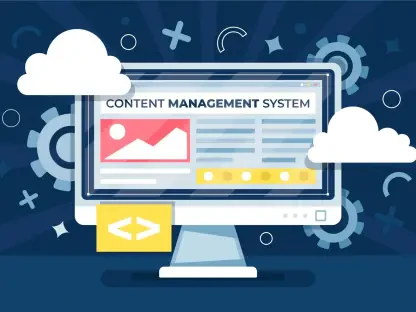What is PPC?
Pay-per-click or PPC marketing is a type of online advertising where marketers accrue costs whenever users access their ads. How does it work? You bid on the perceived value of a click, depending on the platform, keywords, and audience type.
PPC is used for various campaign goals, such as lead generation, sales growth, and brand awareness. However, for PPC to work effectively, a stable foundation is required. This foundation includes planning, executing, and optimizing a paid search strategy that enables advertisers to create a goal-focused ad campaign.
Planning
When planning your paid search campaigns, the first step is to define your goals. Be clear about them and determine whether the campaigns will be able to generate more profit or drive conversions, for example.
Once you have your goals clearly defined, ensure you analyze the competitive landscape. It will help you better understand your paid search competitors and the way you can improve your campaigns. Another important aspect when planning your PPC campaigns is to research your keywords. Use tools like Alexa’s Keyword Difficulty tool and access your site’s Google Search Console for more comprehensive research.
Executing
When executing your strategy, you need to define your ad groups as well as your text ads. Writing an effective copy is vital for PPC campaigns, as searchers decide to click on your ad mostly based on your text.
It is also essential to familiarize yourself with search engine policies around ad copy and ensure you create compelling ad texts, being always up to date with best practices. Some of these solid methods of writing click-worthy ads combine the following:
- Using an active voice
- Leading with the benefits
- Checking your competitor’s ads
- Using target keywords
The next step in executing your PPC campaign is to ensure that your landing pages are optimized for conversion. This is extremely important, as the landing page content needs to match the search intent for a high conversion rate. You should avoid sending users to a generic page (like the homepage of your website), because they might feel frustrated, resulting in the possibility of you losing them immediately.
Optimizing
Once you finish the execution stage, your paid search strategy will need to enter the optimization phase. How?
There are various ways to optimize your PPC strategy, and one of the first things you should do is identify negative keywords—words that are not effective and show a low click-through rate (CTR). By eliminating these keywords, you can focus your budget on the high-performing keywords with better chances of increasing the CTR.
Speaking of increasing, the return on investment (ROI) can also be increased during the optimization stage. Improving paid search ROI will enable you to pay less and achieve the same, if not better, results. And optimizing this is not complicated: you can simply distribute your budget better. However, don’t forget about the Quality Score: improving your ad copy and landing page experience. These efforts will also optimize your ROI.
Other essential actions for optimization are measuring and reporting. And for this step, Google Ads reporting is a helpful tool, with basic reports that will help you learn more about your:
- Search terms—to uncover negative keywords and see which terms are getting more clicks
- Auction insights—to help you plan your next steps, and compare your business to competitors
- Ad performance—to understand how each of your ads is performing and help you improve copy
- Campaign performance—to get a larger view of your performance over time
Conclusion
Pay-per-click advertising needs a strong strategy for the best results. The challenge marketers face today is only focusing on bidding, without taking into account that strategic thinking involves a solid foundation that is built over time.









